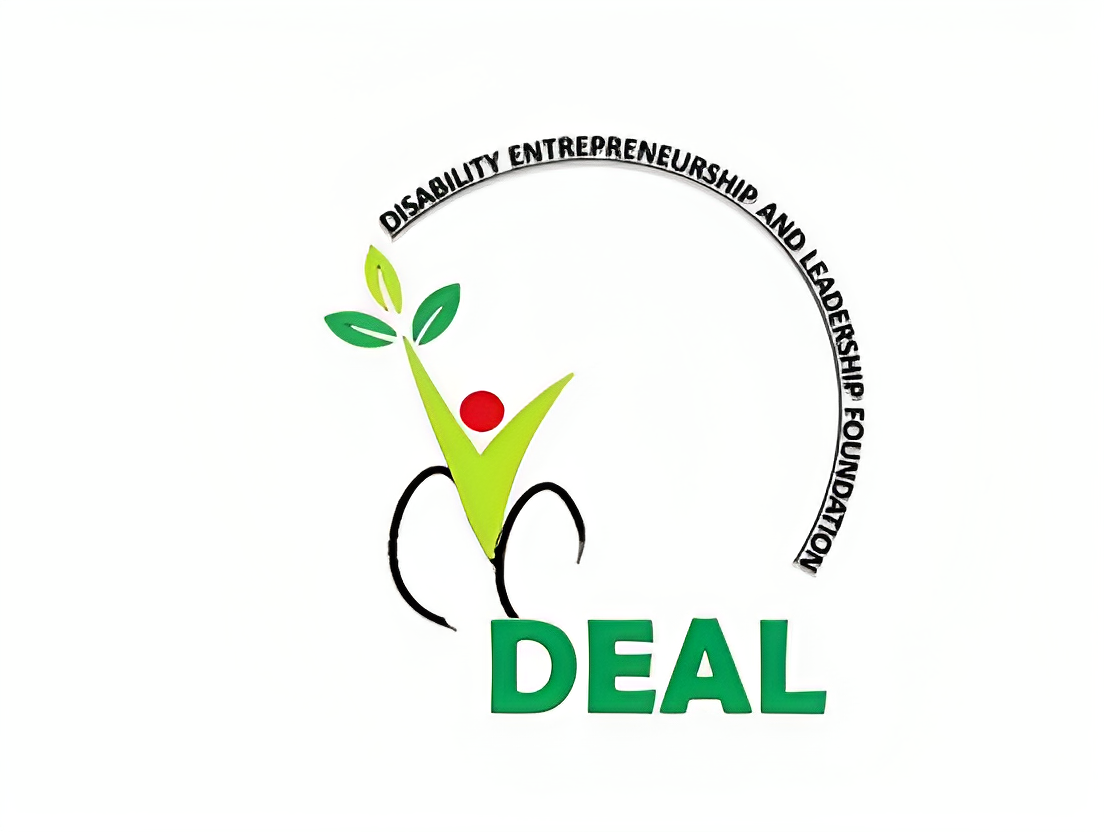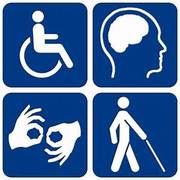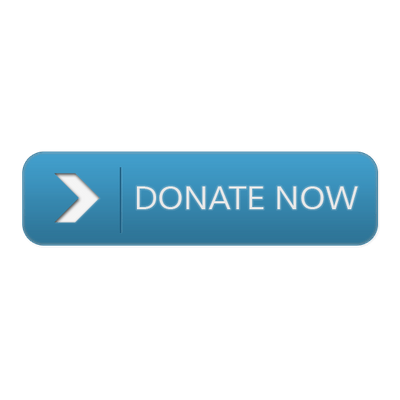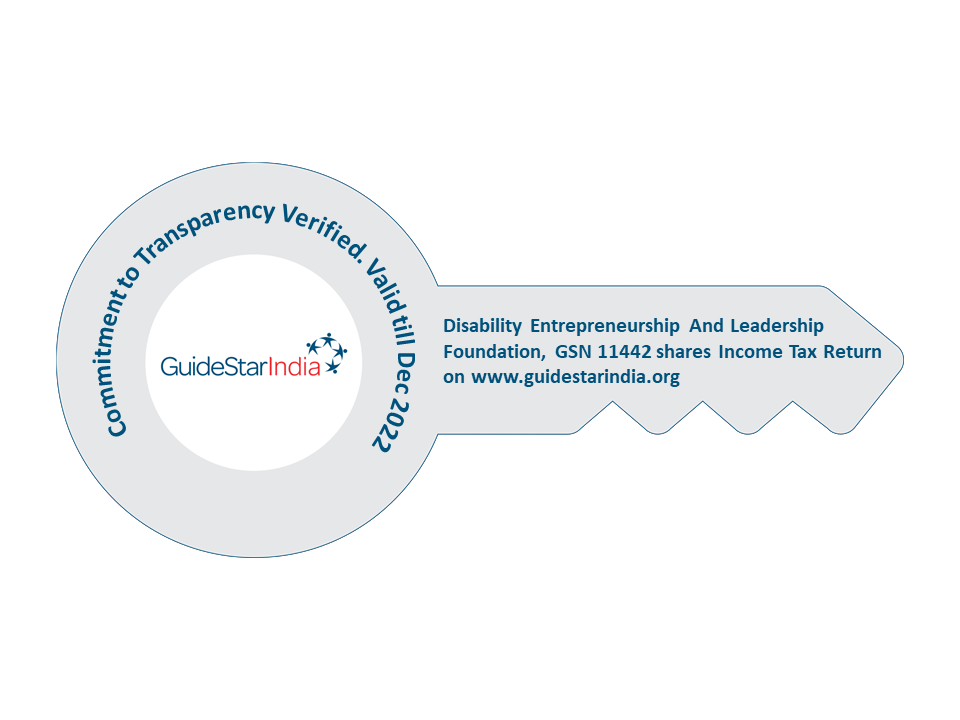The COVID-19 pandemic has hit its second wave and has impacted lives of most people around the world in one way or another. It is the first truly global pandemic in modern times and each of us has been forced to grapple with its effects, both individually and collectively. The negative societal effects COVID-19 has brought all over the world have, in many cases, been even more profound when viewed through the lens of persons with disabilities and these impacts have been aggravated even further in countries dealing with armed conflict.
Persons with disabilities need much support than others in the face of this pandemic. They may not be eating properly and may experience higher stress because they are unable to understand what is happening all around them.
Persons with disabilities have special issues in a situation like the spread of COVID-19. Persons with disabilities are a diverse group experiencing different hardships in accessing information on prevention and risk of infection.
Persons with visual impairment and blindness depend upon touch for most of their daily activities. They need to hold the hand of an escort to move around, they cannot read the messages that the rest of the population can see, they cannot practice social distancing unless there are innovative approaches like keeping a safe distance using a white cane.
For the hearing impaired, especially those who are not literate, they cannot hear the message or read it. Since many depend on lip-reading, they are compromised when the person giving the message is wearing a mask. None of the messages in the media is using sign language interpreters.
The physically disabled cannot reach a wash basin or may not be able to wash their hands vigorously. Children and adolescents with conditions like cerebral palsy or Down’s Syndrome need to assisted in feeding. Persons with mental health issues cannot comprehend the messages. At the same time, persons with disabilities have a higher risk of conditions like diabetes and hypertension which are high-risk factors for COVID-19 mortality. Therefore, persons with disabilities need much more support than the rest of the population in the face of this pandemic.
Women with disabilities have additional issues. They are vulnerable to exploitation, and even more so during a pandemic. Many of them have children without disability and are highly stressed as to how they can care for their children and family members because they are not supported to care for them. Persons with communication disabilities don’t know how to express their problems.
Scale of the problem:
India is home to nearly 150 million persons with some degree of disability. Nearly 25-30 million have severe disability. Most of them live as part of their families and depend on a carer. This adds to another 25-30 million carers. So we are looking at nearly 50 million people who need special support, which is not routinely forthcoming.
How can the public and government help?
India has signed up to achieving sustainable development goals of which cornerstone is universal access to health and education and equity. The government and the organizations working with persons with disabilities have to make efforts to convert prevention and care messages on COVID into an accessible format. Health facilities should prioritize the needs of persons with disabilities over the rest of the population. Decreasing waiting time in hospitals for them will reduce contact with other asymptomatic carriers of the novel coronavirus or frank cases. Their medicine needs have to be provided for. Mobile health teams can provide them services at home rather than they travel to hospitals. A dedicated helpline can be set up for this so that the medical team can reach them. They need to be assured of supplies of soap or sanitizers and tissues.
Technology-savvy professionals can help to make information available in an accessible format for persons with disabilities. Students with disabilities also need to be provided support so that they can keep up academically. So the online teaching programmes for them should also be available in an accessible format. Civil society should volunteer their time to provide this sort of support. Since many of them will not be able to access professional carers during a lockdown, civil society volunteers should help. Even for supporting cooking and other self-care activities volunteers should step in. Inclusive society is the need of the hour. We don’t want to face a situation where medical equipment is prioritized based on younger populations being cared for at the cost of the elderly and the persons with disabilities, as happened in countries like Spain where there was a limited number of ventilators and beds, which could not cope with the avalanche of cases that needed critical care.
A country’s development is measured by its social support and inclusive policies. We need to set high standards and not succumb to the ‘might is right’ philosophy and abandon persons with disabilities in this crisis.
(Sources: thehindu.com, icrc.org)
Disability Entrepreneurship And Leadership (DEAL) Foundation works with persons with disabilities in the districts of Bengaluru and Gadag to improve their socio-economic status by promoting sustainable livelihoods. We provide training on farm-based and non-farm based activities. During this COVID-19 pandemic we provide assistance and guidance to them in accessing information and ensuring they have access to necessary medical and other services.




 Awarded by Guidestar India
Awarded by Guidestar India